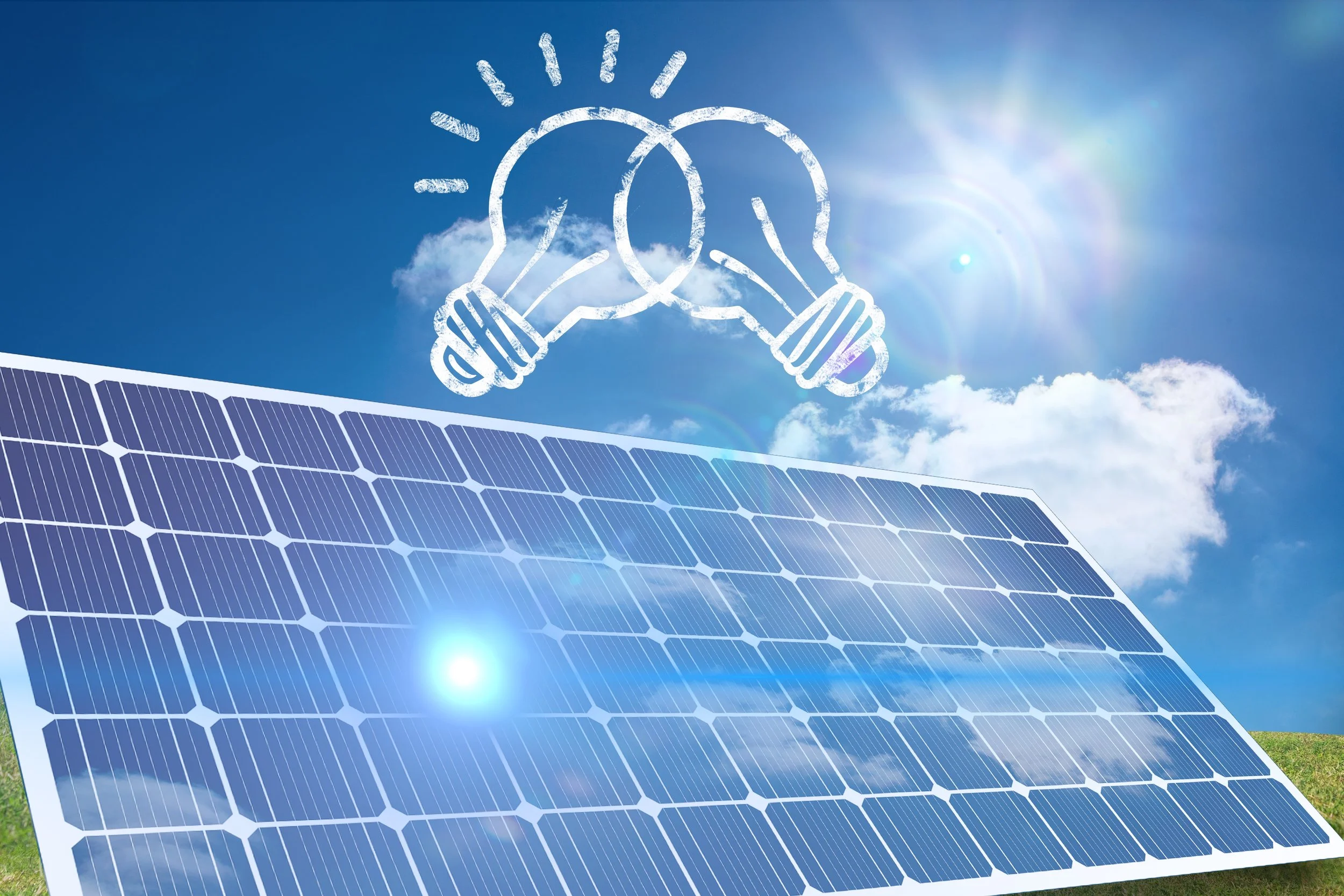Solarizing the Depots — BOST’s Cost-Cutting Climate Bet
In a landmark stride toward energy transition, the Bulk Oil Storage and Transportation Company (BOST) has unveiled plans to solarize its major depots; Buipe, Kumasi, Tema etc., as a core component of its newly launched green transition strategy. This ambitious undertaking signals a pivotal pivot for the state logistics firm, which has historically operated within a high-emissions, high-cost energy environment driven by diesel generators and grid dependency.
The solar PV installation program is aimed at decarbonizing depot operations, cutting operational costs, and boosting the long-term energy resilience of Ghana’s national fuel infrastructure. With energy consumption comprising a significant share of BOST’s expenditure profile, this shift to renewable power sources is both an environmental obligation and an economic necessity. Solarizing the depots not only promises savings on fuel and electricity bills but also insulates core infrastructure from future energy price volatility and grid unreliability.
Beyond the immediate cost and climate benefits, the initiative forms part of a broader institutional commitment to ESG compliance. BOST is actively working toward international certification under globally recognized standards such as EDGE (Excellence in Design for Greater Efficiencies) and the Global Reporting Initiative (GRI). These frameworks will allow the company to quantify and communicate its sustainability performance credibly, access green financing options, and enhance transparency in its operations.
This approach positions BOST as a forward-leaning logistics player, one that understands the shifting demands of regional energy leadership in a carbon-conscious era. Rather than discard its traditional fuel logistics mandate, the company is integrating climate strategy directly into the evolution of its core assets. The result is a vision of BOST not as a relic of legacy infrastructure, but as a resilient, adaptive, and transition-ready engine within Ghana’s downstream ecosystem.
By investing in solarization, BOST is not only reducing its carbon footprint, it is declaring that decarbonization and operational efficiency can, and must, move hand in hand.


